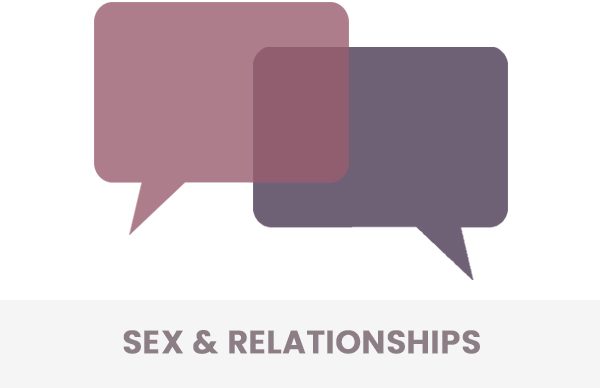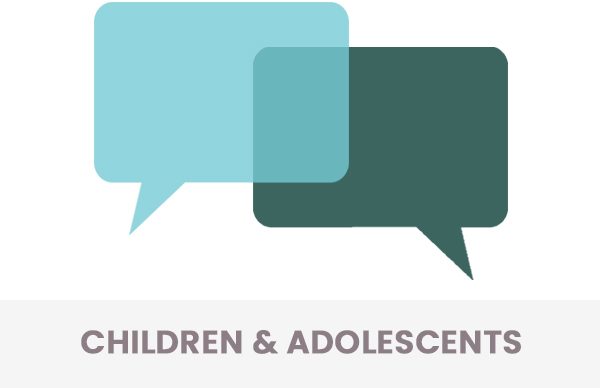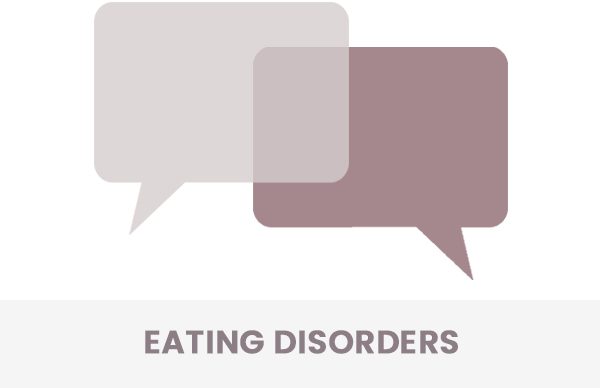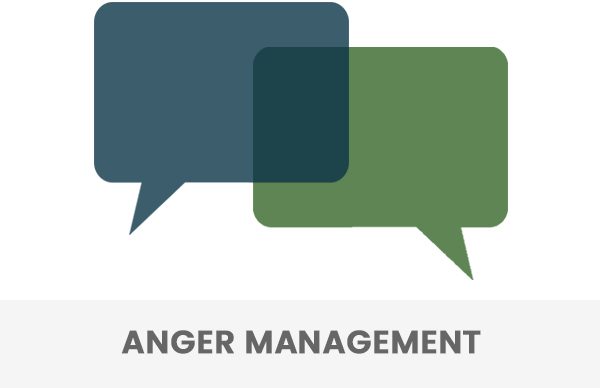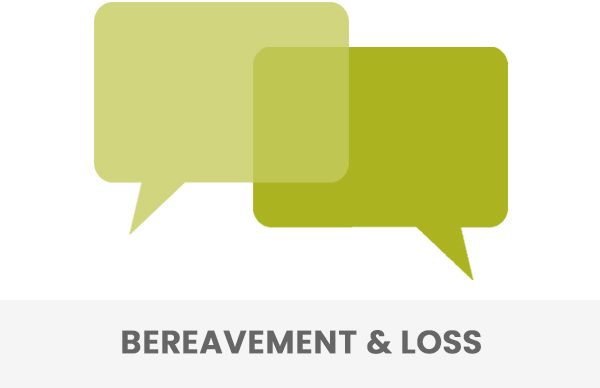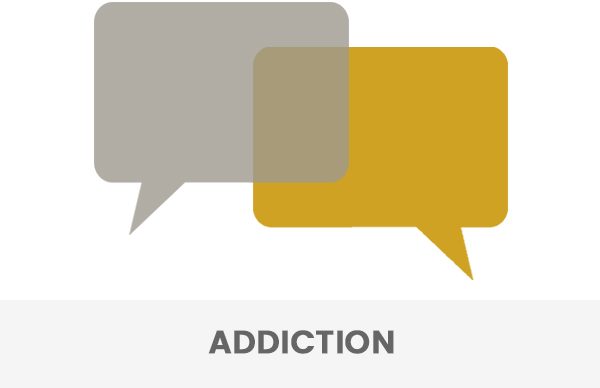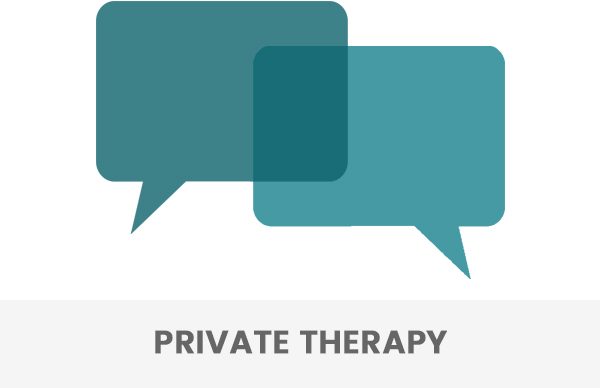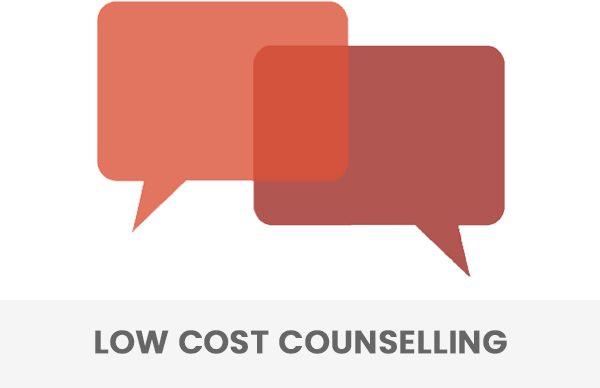Your reasons for coming to therapy are unique to you. Here we offer an overview of the types of issues our team of counsellors, psychotherapists and psychologists can help you with.
Please click on the relevant section for information.
Abuse comes in many forms – some aggressive, some subtle. Abuse has the potential to have long-lasting effects on a person’s physical, emotional and mental wellbeing. Seeking support through counselling and psychotherapy can be a positive first step in helping you work through – and overcome – those effects.
Attention deficit hyperactivity disorder (ADHD) is a behaviour disorder that makes people feel restless, impulsive, and hyperactive. Symptoms of ADHD typically show up in childhood, however it can also affect teenagers and adults.
You’ve probably experienced anger at some point to varying degrees in your life. Anger is a natural human emotion, like happiness, sadness and fear, and for most people it stays within a safe and healthy range. For some, however, frequent and intense bouts of anger can seriously interfere with everyday life and lead to destructive and hostile behaviour.
Anxiety is a normal response when faced with unexpected danger or stress. At times, it can be a helpful response in preparing the body for action, and can improve performance in a variety of situations. However, anxiety can become a problem when it interferes with your everyday experiences and prevents you from leading a normal life.
Asperger’s syndrome is a form of autism. It is a lifelong condition that affects how a person makes sense of the world, processes information and relates to other people. When we meet someone, we can generally tell from their facial expression, tone of voice and body language whether they are happy, angry or sad – and we respond accordingly. People with Asperger’s syndrome can find it harder to read these signals. This can make it more difficult to communicate and interact with others, which can lead to high levels of anxiety and confusion.
From birth, we develop a close bond with our main caregivers (usually parents). This attachment provides a healthy and trusting environment in which to learn and develop. The effect of not forming this bond can lead to attachment difficulties and at its worst, a condition called reactive attachment disorder.
The grief that accompanies bereavement and loss can be overwhelming. It can take quite some time to adjust to the loss in your life and imagine what life will be like in the future without your loved one. Grief is a process that has several stages. Denial, bargaining, anger and depression are key elements of that process. It can take a while to reach the final stage – acceptance – where it becomes conceivable that life will go on.
Body dysmorphic disorder (BDD) is an anxiety disorder that causes a person to have a distorted view of their appearance. It makes individuals believe that something about the way they look is abnormal or ugly, even when it isn’t.
Bullies can make your life a misery. It doesn’t matter how the bullying is done: it can be physical, verbal or emotional. They might hit you, say horrible things to you, or exclude you from social groups and get-togethers. The effect is the same: you can feel intimidated, hurt, broken – and left wondering what you’ve done wrong.
Many of us are touched by cancer at some time in our lives, whether we have been diagnosed ourselves, or know someone who has been. A cancer diagnosis can be difficult and painful feelings; shock, grief, and fear are just some of the emotions you may deal with.
Currently, in the UK, one in eight people is a carer, caring for someone who is disabled, ill, older, or suffering from a mental health condition. You might be caring for someone else 24/7 or a few hours a week. Regardless of how much time is involved, caring for someone else can impact your life in a massive way.
Chronic Fatigue Syndrome (CFS) involves extreme tiredness, no matter how much you rest, along with painful joints, muscle pain, poor memory, and disordered sleep. It is recognised as a neurological disorder by the World Health Organisation, and an estimated 250,000 people in Britain are affected by it.
If you are out of touch with your feelings, and don’t understand how you feel or why you feel that way, you may have a hard time communicating your feelings and needs to others. This can result in frustration, misunderstandings and sometimes conflict. Coming to know your feelings through a therapeutic relationship can provide you with the tools for understanding both yourself and other people, and the real messages they are communicating to you.
A dementia diagnosis can rock a family’s world. The person who’s been diagnosed may feel shocked, scared or confused. For families and carers, there will be many questions about what the future holds.
Many of us will experience a mental health issue at some stage in our lives. Depression can have a major effect on the quality of life. Counselling can support you to cope with the many challenges associated with depression.
In the UK, there are over 11 million people with a disability, impairment or limiting long-term illness. Living with a disability can be a long journey, both mentally and physically. It can be just as tough for those who live with, or care for a disabled person. Friends and family may too find it difficult to come to terms with the condition, as well as adapting to a lifestyle that involves new challenges.
All of us have times when we feel ‘disconnected’. It could be that we are having a conversation with someone but our mind is elsewhere, or we arrive at a destination with no recollection of driving there. For most of us, these moments are occasional lapses that bear no impact on our daily lives. For others, however, disconnecting from reality becomes a defence mechanism.
Eating disorders are characterised by an abnormal attitude towards food that causes someone to change their eating habits and behaviour. A person with an eating disorder may focus excessively on their weight and shape, leading them to make unhealthy choices about food, with damaging results to their health.
Our closest relationships can often be the most challenging because they matter so much and our expectations are so high. There are many challenges facing the nuclear family of today. There is sharp decline of first-time marriages and the rapid rise of divorce. Navigating your way through these challenges can present a whole host of problems.
Sometimes people may not identify with the biological gender they were born with. When people have strong, persistent feelings of identification with the opposite gender, and discomfort with one’s own assigned sex, this is called gender dysphoria.
Guilt and shame are two of the most difficult and painful emotions to experience. Although the two terms are often used interchangeably, there are distinct differences between guilt and shame. We can feel guilty for a mistake we’ve made that may have hurt or disappointed someone else. Shame affects our entire sense of self: we feel we ARE the mistake.
Hearing voices is not as rare as you might think. Many of us will have heard noises or voices that others haven’t heard at some point in our lives. It’s estimated that as many as one in 10 people hear voices on a more regular basis. For some, this can be a scary experience, for others, it can be a comfort.
While HIV is no longer necessarily a life-threatening diagnosis, it is still a life-long condition that can impact your life considerably. Understandably then, you’re bound to feel some psychological impacts.
A chronic or life threatening disease is often devastating and shocking, not only for the person being diagnosed, but also for their families. When you or someone you love is diagnosed with a chronic, life-threatening illness, you are swiftly drawn into a situation that will affect you emotionally, physically, spiritually, and even financially.
Infertility often has a stressful impact on relationships and can affect a couple’s sex life. The condition is isolating and can impact on how a couple communicate with each other and with the people around them. There can be a profound sense of loss and grief which can impact on closeness.
There are many situations that can make a person feel isolated. A lack of close friends and family, with little or no interaction, can make a person feel socially isolated. Some people may withdraw and spend days without any human contact.
Someone who has learning disabilities or learning difficulties may find it hard to learn things in the normal way, as the brain is not able to receive and process information in the same way as others. They may have trouble performing certain tasks or displaying certain skills. They may also struggle with social skills and interaction, potentially leaving them vulnerable in dangerous situations.
Marriage. Childbirth. Divorce. Separation. Redundancy. Career change. Menopause. Empty Nest. Retirement. We will all experience major changes at key points in our life. Any or all of these life stages can bring up ambivalent feelings that may be tricky to deal with.
Self-esteem is how we feel about ourselves. Feeling negative about ourselves can have an effect on our self-confidence and can lead to a spiral of negative thinking.
First and foremost, mental health is not the same as a mental health issue. We all have mental health. It does not come and go; it’s with us constantly throughout our lifetime. Mental health is often used interchangeably with the terms emotional health and well-being – and our mental state is certainly a key part of our overall well-being. It refers to the way in which we are aware of our own abilities and how well we cope with the ups and downs of life. It’s a very personal, individual sense of who we are and how we feel.
Paranoia is when we have thoughts or feelings that we are in danger or under threat, even though there is little to no evidence that this is the case. We can all experience these types of thoughts sometimes, but for some they become extreme, affecting everyday life.
Commonly described as non-verbal aggression, passive aggressive behaviour is when you are angry or upset with someone, but do not or cannot tell them. It is the inability to express difficult feelings in a rational way and can often make the problem worse. For the person on the receiving end, it can be incredibly frustrating and upsetting.
The way we ‘think’ and ‘feel’ is what characterises our personality. For most of us, our personality allows us to interact with others reasonably well, but for some people, this isn’t the case.
Post-traumatic stress disorder (PTSD) is an anxiety disorder caused by very stressful, frightening or distressing events.
Pregnancy and childbirth can be an exciting as well as a worrying time. Some women are faced with the question of whether or not they want to continue with their pregnancy, while others may be struggling with IVF treatments. Here, we outline the types of pregnancy-related issues you might be facing.
‘Psychosis’ is the term used to describe mental health problems that prevent an individual from thinking clearly and from being able to lucidly identify fact from fantasy. While psychosis is not diagnosed as a disorder itself, it is typically triggered by other conditions and so is usually identified by two symptoms; hallucinations and delusions.
The impact of sexual violence is traumatic. Whether the assault was by a stranger or a family member, if you’ve been raped it can feel as though a piece of you had been stolen.
Being made redundant is often a life-changing experience. You face having to reorganise your life and may encounter immediate problems such as having bills to pay and having to find another job. When a person’s employment defines them and their send of purpose, the shock of redundancy and it’s resulting powerlessness can be devastating.
Schizophrenia is a long-term mental health condition that causes a range of different psychological symptoms. These including hallucinations, delusions, muddled thoughts and changes in behaviour. Men and women are equally affected by the condition.
Self-harm is when somebody intentionally damages or injures their body. It is a way of expressing feelings of despair and is often a cry for help, although many people try to maintain secrecy because of shame or fear of being discovered.
Psychosexual therapy is a branch of psychotherapy that deals with issues relating to sex, sexuality and human relationships. Psychosexual therapists usually have a greater understanding of physical issues relating to sex as well as psychological issues. Relationship therapy, also known as couples counselling, deals with issues that occur in relationships and how to resolve them.
Human sexuality defines how people are sexually attracted to each other and how this attraction manifests itself erotically. Our sexuality is also an important part of our identity and how we express ourselves in the world.
Spirituality involves experiences of a deeper sense of meaning and purpose, and a sense of belonging and a connection with the universe. Spirituality can help to achieve inner peace and happiness. It relates to the human spirit and discovering the ‘true self’.
Excessive mental or emotional pressure can make you feel unable to cope. The demands of life – especially work, relationships and money problems – can often cause stress on a daily basis. Taken to its extremes, stress can affect how you feel, how you think and how you behave.
Suicidal thoughts and feelings can be terrifying. Sometimes the pain can be so overwhelming that you believe your only option is to kill yourself. These thoughts and feelings may have built up over time. If life has become unbearable, you may believe that death is your only option.
Tourette’s syndrome is a condition affecting the brain and nervous system (a neurological condition) that is characterised by involuntary, random sounds and movements, known as tics. It usually begins in childhood.
Trauma is a type of damage to the psyche that occurs as a result of a physically or emotionally distressing event.
Trichotillomania, also known as trich or hair-pulling disorder, is when someone can’t resist the urge to pull out their own har. They may pull out hair from their head or from other places on their body such as their eyebrows or eyelashes.
We arguably spend more time with our colleagues than we do with friends and family. Yet, while smooth and productive relationships are key to getting the job done, in practice it doesn’t always work that way. Envy, competitiveness and politics can sometimes puncture the working week, creating a cycle of stress and overwhelm that can be exhausting and depleting. Understanding dynamics in the workplace, and how to make them work for you, can help you create more harmony in both your personal and your professional life.



